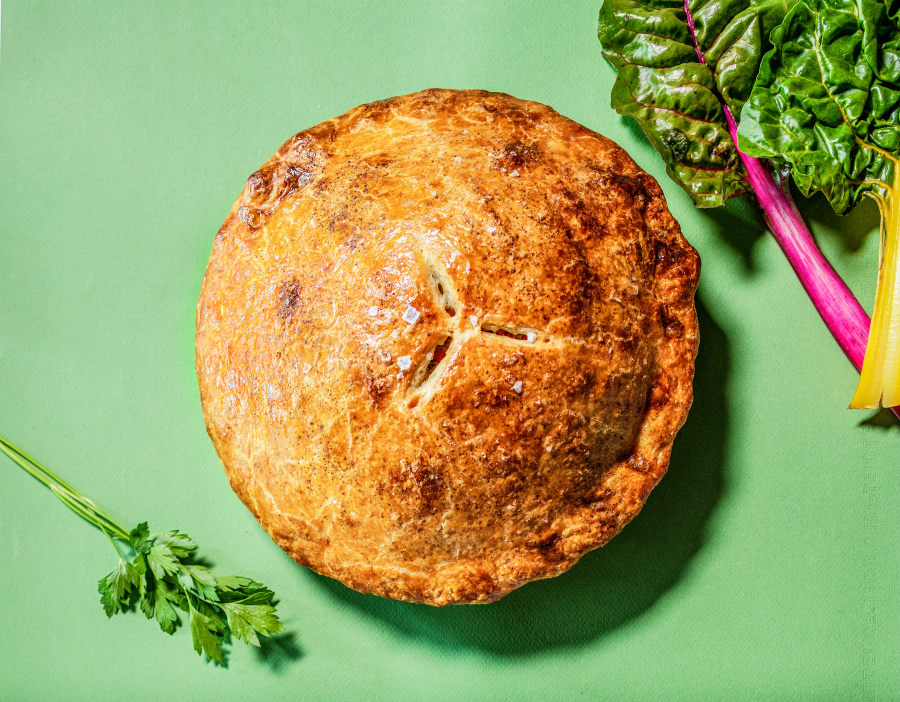I recently had an epiphany about, of all things, chicken potpie. A few weeks ago, my partner and I set out for a walk into Griffith Park from our apartment. In the mood for adventuring, we started taking every turn we hadn’t before and soon enough we found ourselves on the back of a hill, practically holding onto the vertical edge like rock climbers.
I looked up and saw the very top of the “D” in the Hollywood sign and suggested that we walk to the sign since we were already “so close.” By the time we reached it, we had trekked six miles, were starving and were very annoyed. To make matters worse, our only way out was a four-mile hike down the hill.
We found a restaurant on Franklin Boulevard and decided to stop to eat for the first time all day. And by “decided,” I mean our hobbling legs and numb feet would take us no farther than the first available place with empty chairs outside.
After we ordered our food, two giant, piping-hot chicken potpies were delivered to the table behind us. A woman walking by stopped midstride, took off her headphones and asked one of the guys, “What is that you’re eating?” The customer responded, “a chicken potpie,” and the woman exclaimed, “it looks so abundant!” FOMO set in immediately for both my partner and me: We wished we had ordered those chicken potpies for our weary, tired souls.



